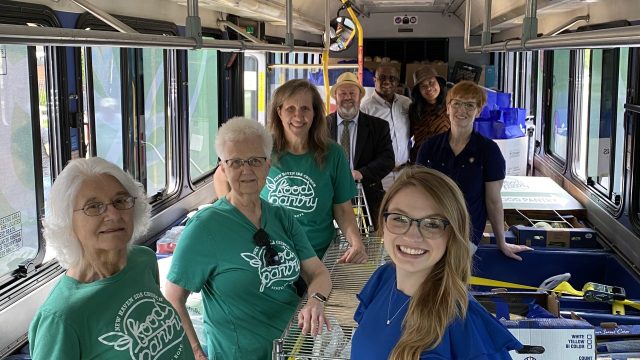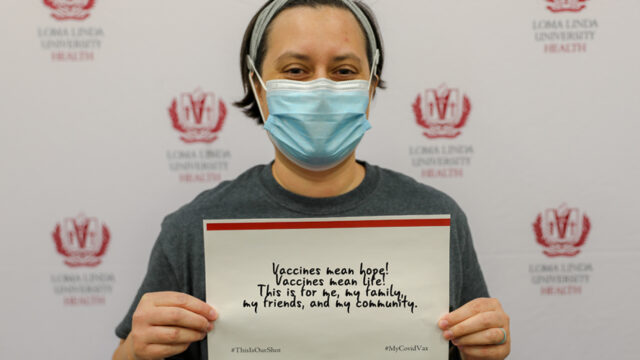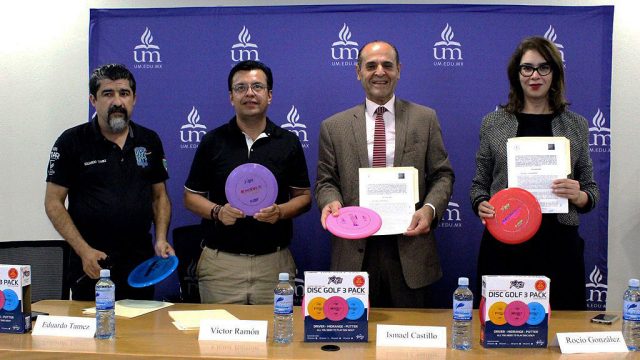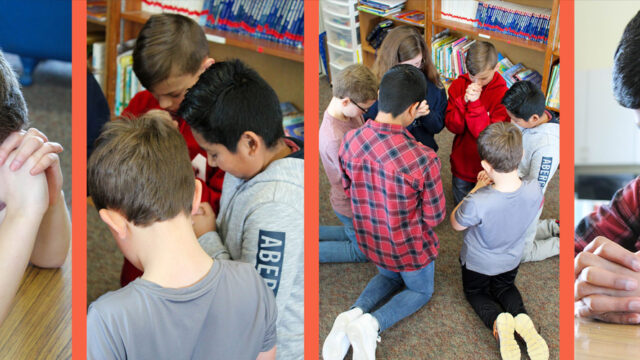Participants learn to work on their relationships to positively affect others.
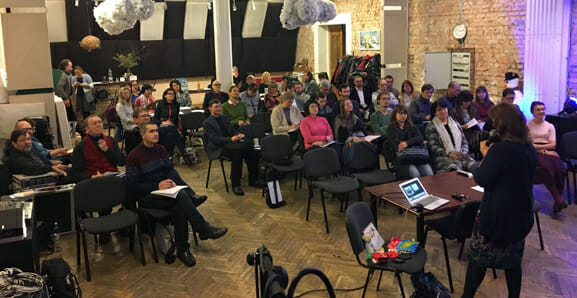
Sixty Seventh-day Adventist departmental leaders and their teams from across Estonia, Latvia, and Lithuania now have a greater understanding in dealing with mental health issues thanks to a three-part training series run in the Baltic Union over the past year.
The final module, held at the Seventh-day Adventist Church’s Latvian Conference office in Riga, the last weekend of January 2019, attracted more participants as interest in the course has grown.
The rationale behind the course, according to the presenters, Trans-European Division (TED) families ministries director Karen Holford and Adventist Church associate health director Torben Bergland, is that church leaders are all actively involved in communication with church members and people from the surrounding communities.
“We live in a sinful world among broken people, and the church is no exception in experiencing that brokenness. What can we do to help those around us? What can we do to help ourselves?” the organizers said.
The answer, given in the presentations, is that leaders and church members can learn to listen, understand, and be compassionate, as indicated in the Bible, where the apostle Paul says, “Be kindly affectionate to one another with brotherly love.… Rejoice with those who rejoice, and weep with those who weep” (Romans 12:10, 15, NKJV).
Holford explained that “mental wellness is an important issue because it touches all of our lives in some way. Loneliness, broken relationships, and stressful lifestyles are just a few of the factors that can increase the risk of mental unwellness and distress in our lives, as well as the lives of those we love and the community around us.”
The three-part course is intended to upgrade participants’ people skills — to help them understand some of the most common mental challenges people face; to be good peacemakers and listeners; to understand emotions and people’s relational needs; and to learn some practical tips for supporting both themselves and others in times of crisis.
Because it is a short course, Bergland and Holford provided a general overview, which participants said they appreciated very much. During this third module, some opened up to share what they had learned in previous sessions that was already making a practical difference in their lives and the lives of others.
The feedback forms included comments like, “It opened my eyes about addictions”; “Very useful information — practical and relevant”; and “Vitally important topics!”
One task set for participants during the course was a home assignment — to think about and write down their life narrative to see God’s leading in it. Participants then shared their testimonies in groups during two of the sessions.
“Learning through mingling with colleagues and ministers is very good; to know their struggles, hopes, and expectations,” one participant said. Another added, “I liked this part, ‘My Story.’ I learned to be more attentive to the pain of others. Relationships are most important.”
Holford said some participants told her that what they learned about emotional balance and strengthening relationships had already inspired them to make changes in their lives and to build stronger connections with their family members. “This is where we can start to make the most difference, and the ripples of healthy relationships and joyful lives will spread out to bring love and joy to others too.”
The original version of this story was posted on the Trans-European Division news site.


